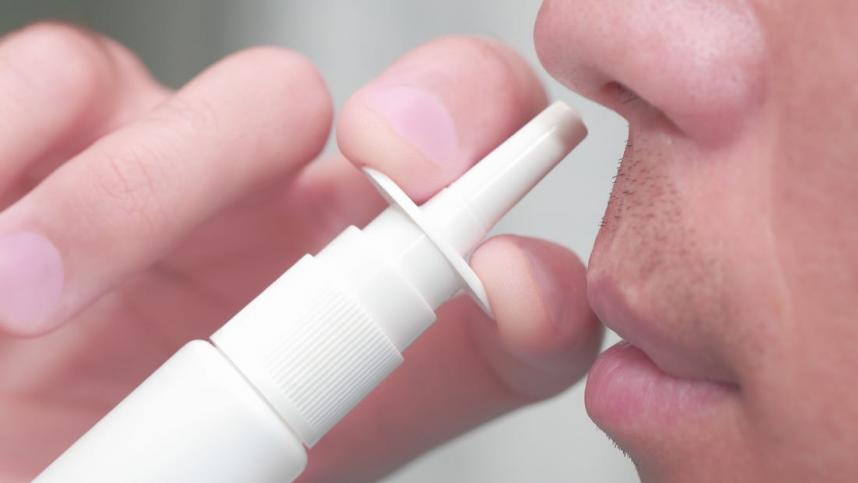
Australian biotech Ena Respiratory has revealed new data demonstrating that its novel nasal spray almost halted replication of the SARS-CoV-2 in laboratory animals when used as a prophylactic, showing potential to improve immune response when used alongside COVID-19 vaccines.
The product, known as INNA-051, is a synthetic small molecule therapy, self-administered once or twice weekly with an almost immediate effect. Research drawn from an animal-based clinical study led by Public Health England demonstrated the spray generated a reduction of up to 96% in viral replication of the novel coronavirus.
"By boosting the natural immune response of the models with our treatment, we’ve seen a rapid eradication of the virus,” explained Dr Christophe Demaison, Managing Director at Ena Respiratory. “If humans respond in a similar way, the benefits of treatment are two-fold. Individuals exposed to the virus would most likely rapidly eliminate it, with the treatment ensuring that the disease does not progress beyond mild symptoms. This is particularly relevant to vulnerable members of the community. In addition, the rapidity of this response means that the infected individuals are unlikely to pass it on, meaning a swift halt to community transmission”.
It is therefore thought that, if these findings can be replicated in humans, then INNA-051 would present an effective preventative antiviral prophylactic, and could be combined with effective COVID-19 vaccine therapies to boost their efficacy.
Professor Roberto Solari, a Respiratory Specialist and visiting Imperial College London Professor advising Ena Respiratory on the project, said that: “Most exciting is the ability of INNA-051 to significantly reduce virus levels in the nose and throat, giving hope that this therapy could reduce COVID-19 transmission by infected people, especially those who may be presymptomatic or asymptomatic and thus unaware they are infectious”.
Provided the product can pass toxicology analyses, Ena Respiratory hopes to push the candidate into human trials within the next four months, and is currently seeking funding to support development and eventual distribution.